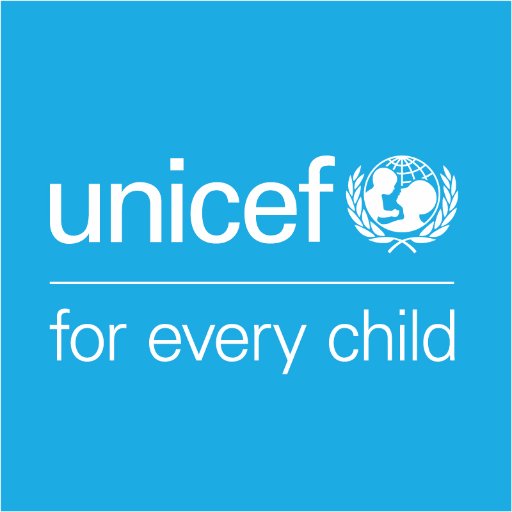
UNICEF Reports High Numbers of Female Circumcision in Nigeria

According to a recent report by UNICEF, Nigeria is one of the conflict-affected countries with the highest number of women and girls affected by female genital mutilation (FGM), contributing significantly to the global count of over 230 million victims.
Released on International Women’s Day on Friday, the report sheds light on the ongoing struggle against FGM, particularly in Africa.
“Ethiopia, Nigeria and Sudan account for the largest numbers of girls and women who have undergone female genital mutilation in conflict-affected countries,” the report noted.
The report estimated that 40% of survivors live in conflict-torn countries, which complicates efforts to provide support and preventative measures.
FGM, which involves the partial or total removal of the external female genitalia, has seen a decline in prevalence globally. However, the pace of reduction has not been sufficient enough to meet the United Nations’ goal of eradicating the practice by 2030.
The report highlighted that in Nigeria, as well as in other conflict-affected regions, the fight against FGM faces additional hurdles due to political instability and rapid population growth.
The Executive Director of UNICEF, Catherine Russell, expressed concern over the practice’s prevalence among younger girls, particularly those under the age of five.
“We’re also seeing a worrying trend that more girls are subjected to the practice at younger ages, many before their fifth birthday. That further reduces the window to intervene,” Russell said.
The report further suggested that achieving the 2030 eradication goal would require an unprecedented rate of progress.
“In some countries, progress would need to be 10 times faster than the best progress observed in history in order to reach the target by 2030,” the report noted.
Read: Again, over 1,500 sacked OAUTH workers protest
About The Author
Related Articles
Asake Sets New Billboard Afrobeats Record as Chart Presence Grows
Asake has further cemented his place as one of Afrobeats’ most dominant...
ByWest Africa WeeklyJanuary 29, 2026Nigerians Lament PayPal’s Return as Old Wounds Resurface
PayPal’s reentry into Nigeria through a partnership with local fintech company Paga...
ByWest Africa WeeklyJanuary 29, 2026Tanzania Eyes Gold Sales as Aid Declines and Infrastructure Needs Grow
Tanzania is weighing plans to sell part of its gold reserves to...
ByWest Africa WeeklyJanuary 29, 2026Mali Tightens Grip on Explosives Supply With New Majority Stake
The Malian government has taken majority ownership of a civil explosives manufacturing...
ByWest Africa WeeklyJanuary 29, 2026











